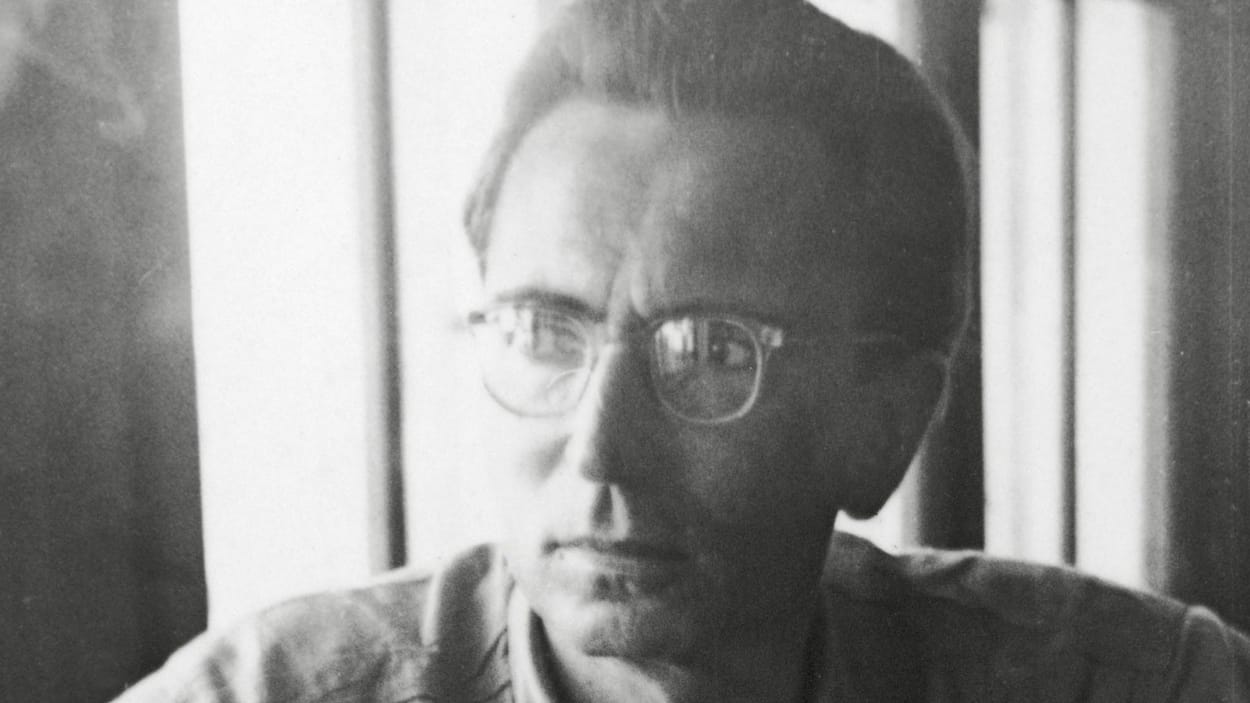Part 1 noted that the rates of depression and suicide are higher in the U.S. than in the poorest countries in the world. Experts recommend medication, psychological therapy, or both for despondent Americans, and such treatments have their place. However, in many if not most cases, I believe the problem is neither chemical nor psychiatric but existential—that is, a lack of meaning in life—and the approach to solving it must therefore be spiritual.
Among the most profound insights into meaning in life were those discerned by Austrian psychiatrist Viktor Frankl, largely as a result of his own experiences and observations in Nazi concentration camps. Those insights he summarized in Man’s Search for Meaning and expanded in a number of other books, notably The Will to Meaning, Man’s Search for Ultimate Meaning, and The Unheard Cry for Meaning.
Earlier in his career, Frankl had worked with Sigmund Freud, who claimed that the strongest human drive was toward sexual expression, and with Alfred Adler, who believed that the strongest drive was toward power. In time Frankl came to believe that the search for meaning in one’s life is more fundamental than either of those, and his experience in the concentration camps proved his view correct. Long after the other drives had lost their importance to the prisoners, the drive to find meaning in their situation persisted. Even when men were sick and starving, Frankl notes, “the thirst for meaning, even ultimate meaning, [broke] through irresistibly.” He therefore concluded, “Man’s main concern is not to gain pleasure or to avoid pain but rather to see a meaning in his life.”
Frankl’s experience also demonstrated that the drive for meaning is strongly associated with “self-transcendence––the reaching out beyond ourselves for something other than ourselves.” This fact led him to conclude that we are more importantly “characterized by the ‘search for meaning’ rather than the search for self. “The more [man] forgets himself—giving himself to a cause or another person—the more human—he is.” In his later writings, he made this point even more forcefully: “The humanness of man is most tangible when he . . . overlooks himself.” And again, “Truly, self-transcendence is the essence of human existence.”
Beyond offering scholarly, theoretical discussion of meaning, Frankl identifies its three specific forms: (1) dedicating ourselves to a task, mission, or cause; (2) loving another person; (3) enduring suffering nobly. About suffering he adds, “When we are no longer able to change a situation [such as having] an inoperable cancer—we are challenged to change our attitude toward our affliction and thus change ourselves.” In this way, even when our suffering is debilitating, we can “find meaning in life––even up to the last moment, the last breath.” And, by doing so, we turn “an apparently meaningless suffering into a genuine human achievement.”[Emphasis Frankl’s]
Frankl emphasizes, as well, that “the meaning of our existence is not invented by ourselves, but rather detected,” and that perceiving meaning is a matter of ”becoming aware of what can be done about a given situation.” One of his earliest insights, long before his experience in the concentration camps, was this: “It is not we who should ask for the meaning of life, since it is we who are being asked. It is we ourselves who must answer the questions that life asks of us, and to these questions we can respond only by being responsible for our existence.”
Despite the fact that Viktor Frankl was Jewish, his insights into human nature are much more compatible with Christian philosophy and theology than the views of Humanistic Psychology that many Christians—including many Catholic theologians and prelates—have embraced over the last half-century. He speaks of subordinating self to worthy aims and goals, chief among them love of others. In contrast, Humanistic psychology speaks first and foremost, about esteeming ourselves just as we are.
Perhaps the most important single step this country can take to solve the twin problems of depression and suicide is to reject the immature attitude of self-adulation that has dominated mass culture for decades. To accomplish that task will, of course, take years, if not decades. In the meantime, individuals suffering from depression and those contemplating suicide can do the following:
- Take time each morning and evening to count your blessings. The phrase has become a cliché, I know. But this small act reminds us of God’s goodness and the kindness of others and that will help us overcome a chief cause of depression—self-pity. Be sure to count the blessing of life itself, and of breathing, seeing, speaking, hearing, imagining, reading, understanding, and feeling compassion and love. Also, the blessing of having parents, siblings, friends, people who were especially kind to you at some time in your life, food, clothing, a place to live, a job, and the blessing of appreciating all these and other blessings.
- After counting your blessings, spend a few minutes thinking of people who are not as blessed as you are. Everyday experience offers many examples. One I recently heard was related by a priest visiting from Catarman in the Philippines whose diocese is plagued by starvation and disease. Six percent of children die before age one, and the area is devastated by typhoons as often as 33 times a year. After such a storm, the only crop, coconuts, takes many years to recover. When you have such people in mind, pause to pray for them.
- Finally, consider the ways in which you might make your community, the country, or the world a better place. For example: volunteering at a soup kitchen, hospital, or nursing home; working with the underprivileged or disabled veterans; joining an organization providing literacy training or transportation for the elderly, or making a contribution to aid the poor. Decide which of these ways you can begin doing right now. Then begin doing it.
These three approaches represent different ways of making our focus on life more mature and beneficial. The first shifts from negative matters to positive; the second, from self to others; and the third, from passivity to action. Taken together, they are a powerful antidote to self-pity and its lamentable consequences.
Copyright © 2019 by Vincent Ryan Ruggiero. All rights reserved








